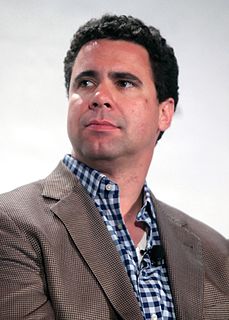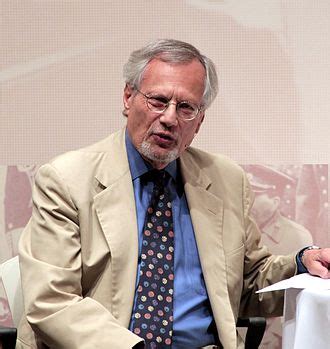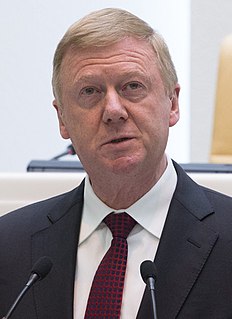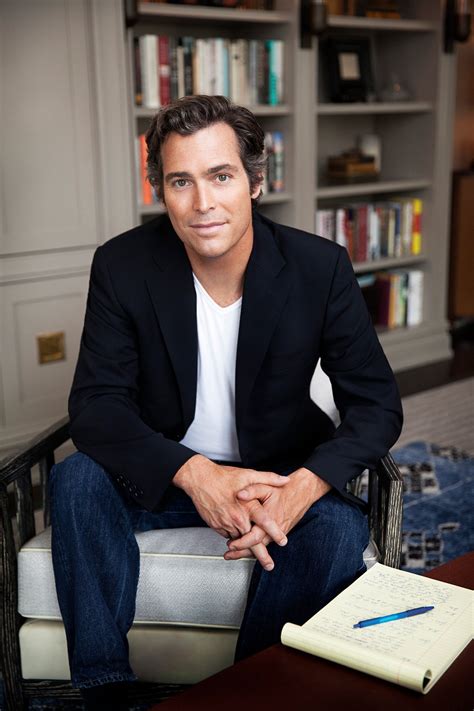A Quote by Chris Christie
Remember, at the end of the day [election] campaigns are always about the candidates.
Quote Topics
Related Quotes
Our [Republicans'] object is to avoid having stupid candidates who can't win general elections, who are undisciplined, can't raise money, aren't putting together the support necessary to win a general election campaign, because this money is too difficult to raise to be spending it on behalf of candidates who have little chance of winning in a general election.
The main influence on voters should be a series of robust debates among the candidates. It's a free country, so this is a tough problem to solve, but I'd love to see an election season with zero political ads, and all voters had to decide based on watching four national debates over the two months leading to election day.
Journalism is one of the devices whereby industrial autocracy keeps its control over political democracy; it is the day-by-day, between-elections propaganda, whereby the minds of the people are kept in a state of acquiescence, so that when the crisis of an election comes, they go to the polls and cast their ballots for either one of the two candidates of their exploiters.
There is a route to the presidency in this country, and it's called the Electoral College, and both candidates base their campaigns on winning the Electoral College, not the popular vote. And in that pursuit, Donald Trump won in a landslide or near landslide. And in that pursuit, Barack Obama and his agenda was repudiated. And not just this year. In the 2010 midterms, the 2014 midterms, and this election.
As I have done in every election since I started voting so many years ago, I always like to take my time and examine the two candidates, see not only the two candidates but the policies they will bring in, the people they will bring in, who they might appoint to the Supreme Court, and look at the whole range of issues before making a decision.

































